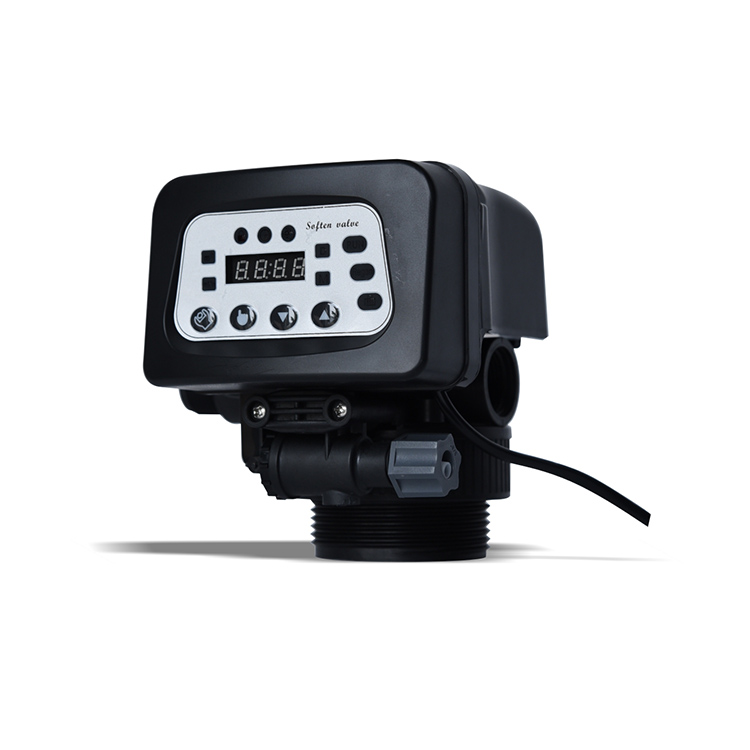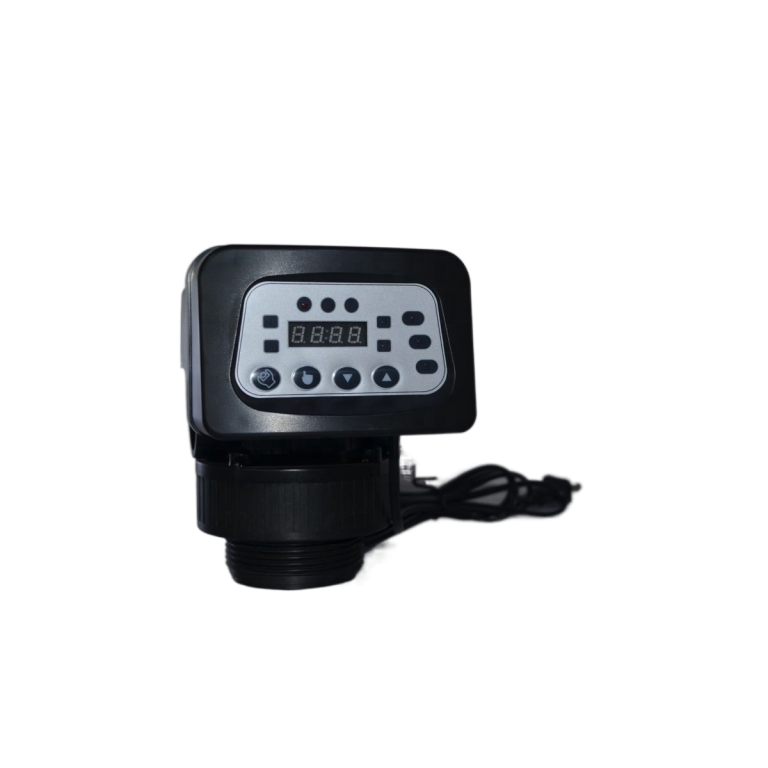“Softened water: a gentle touch for your plants.”
Table of Contents
Effects of Softened Water on Plant Growth
Softened water is a common household solution used to reduce the mineral content in water. This process involves removing calcium and magnesium ions, which are responsible for water hardness. While softened water is beneficial for household appliances and plumbing systems, many gardeners wonder if it is safe to use on plants. Will softened water hurt plants?
The answer to this question is not a simple yes or no. The effects of softened water on plant growth depend on several factors, including the type of plants, the level of water hardness, and the frequency of watering. In general, softened water can have both positive and negative effects on plants.
One of the main concerns with using softened water on plants is the high sodium content. During the softening process, sodium ions are often added to replace calcium and magnesium ions. Excessive sodium can be harmful to plants, as it can disrupt the balance of nutrients in the soil and inhibit the uptake of essential minerals. This can lead to nutrient deficiencies and stunted growth in plants.
| Model | Central tube | Drain | Brine tank connector | Base | Power supply parameters | Maximum power | Pressure parameters | Operating temperature |
| 3900 | 3.5″(3″) O.D. | 2″NPTF | 1″NPTM | 6″-8UN | 24v,110v,220v-50Hz,60Hz | 171W | 2.1MPa | 1℃-43℃ |
| 0.14-0.84MPa |
Additionally, softened water can alter the pH level of the soil. Most plants prefer slightly acidic to neutral soil pH levels. However, softened water with high sodium content can increase the soil pH, making it more alkaline. This can affect the availability of nutrients in the soil and impact plant growth.
On the other hand, softened water can also have some benefits for plants. For plants that are sensitive to hard water minerals, such as orchids and ferns, softened water can help prevent mineral buildup in the soil and on the leaves. This can improve overall plant health and vitality.
To minimize the negative effects of softened water on plants, there are several steps that gardeners can take. One option is to dilute the softened water with rainwater or distilled water before using it on plants. This can help reduce the sodium content and maintain a more balanced pH level in the soil.
Another option is to use a bypass system for outdoor watering. This allows gardeners to bypass the water softener and use untreated water for watering plants. While this may not be practical for all gardeners, it can be a good solution for those who are concerned about the effects of softened water on their plants.
In conclusion, softened water can have both positive and negative effects on plant growth. While the high sodium content and altered pH levels can be harmful to some plants, softened water can also benefit plants that are sensitive to hard water minerals. By taking precautions and monitoring the effects of softened water on plants, gardeners can ensure healthy and thriving plant growth.
Tips for Minimizing Harm to Plants from Softened Water
Softened water is a common household commodity that many people use to improve the quality of their water supply. However, there has been some concern about whether softened water can harm plants when used for watering. In this article, we will explore the potential effects of softened water on plants and provide some tips for minimizing any potential harm.
One of the main concerns with using softened water on plants is the high levels of sodium that can be present. Sodium is a common component of water softeners, and when used in excess, it can be harmful to plants. High levels of sodium can disrupt the balance of nutrients in the soil, making it difficult for plants to absorb essential minerals like potassium and magnesium. This can lead to stunted growth, yellowing leaves, and overall poor plant health.
To minimize the potential harm of softened water on plants, it is important to be mindful of the sodium content in your water. If you have a water softener, consider using a bypass valve to divert softened water away from outdoor plants. Alternatively, you can collect rainwater or use a filtration system to provide plants with water that is free of excess sodium.

In addition to sodium, softened water can also have a high pH level, which can affect the acidity of the soil. Most plants prefer slightly acidic soil, so using water with a high pH can disrupt the pH balance and make it difficult for plants to absorb nutrients. To counteract this, you can test the pH of your water and soil regularly and adjust as needed with the addition of acidic amendments like sulfur or peat moss.
Another potential issue with softened water is the lack of beneficial minerals that are typically found in untreated water. Plants rely on a variety of minerals for healthy growth, and softened water may lack these essential nutrients. To ensure that your plants are getting the nutrients they need, consider supplementing with a balanced fertilizer that contains a mix of essential minerals.
It is also important to consider the type of plants you are watering with softened water. Some plants are more sensitive to high levels of sodium and pH than others. For example, succulents and cacti are known to be more tolerant of salty conditions, while delicate flowers and vegetables may suffer more from the effects of softened water. Be sure to research the specific needs of your plants and adjust your watering practices accordingly.
In conclusion, while softened water can potentially harm plants if used in excess, there are steps you can take to minimize any negative effects. By being mindful of the sodium content, pH level, and nutrient deficiencies in your water, you can ensure that your plants remain healthy and thriving. With proper care and attention, you can continue to enjoy the benefits of softened water without sacrificing the health of your plants.







